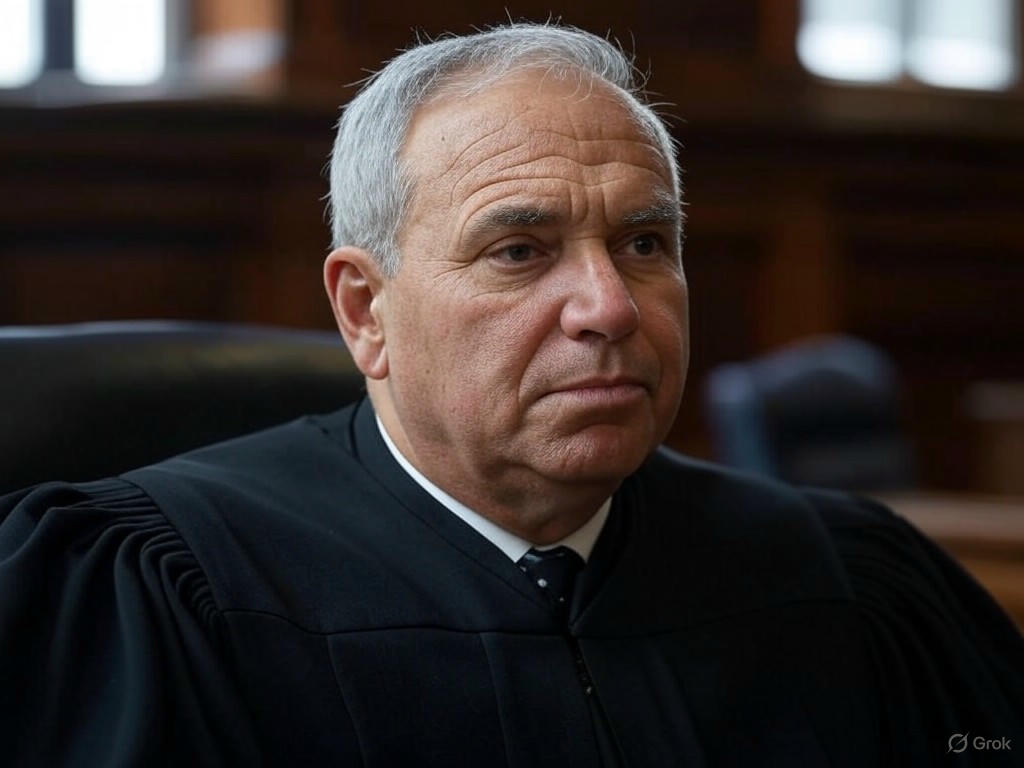In a striking decision that has captured national attention, a federal judge has intervened to stop the deportation of the wife and five children of a man accused of a devastating firebombing in Boulder, Colorado. The ruling, delivered with a sense of urgency, underscores the complex intersection of immigration law, criminal justice, and humanitarian concerns in a case that has polarized public opinion.
The man at the center of this legal storm is charged with orchestrating a violent attack that left a Boulder neighborhood reeling from destruction and fear. While details of the incident remain under investigation, the focus has shifted temporarily from the accused to his family, who faced imminent removal from the United States. Federal authorities had initiated deportation proceedings, citing immigration violations, but the judge’s order has put those plans on hold. The court’s decision was grounded in the argument that deporting the family amidst an ongoing criminal case could irreparably harm their rights and disrupt the legal process. The judge emphasized the need to balance national security with the fundamental principles of fairness, especially when children are involved.
This ruling has sparked a broader debate about the treatment of families tied to criminal suspects. Advocates for the family argue that the wife and children are not accused of any wrongdoing and should not bear the consequences of one individual’s alleged actions. They point to the emotional toll of potential separation and the challenges the children—some of whom have spent much of their lives in the U.S.—would face if forced to relocate to a country they barely know. On the other side, critics of the judge’s decision contend that immigration laws must be enforced uniformly, regardless of personal circumstances, to maintain order and deter future violations. They worry that such rulings could set a precedent, complicating efforts to manage border security and public safety.
Legal experts suggest that this case could have far-reaching implications for how the U.S. handles similar situations in the future. The intersection of immigration and criminal law often leaves families in a precarious position, caught between policies that prioritize enforcement and those that advocate for compassion. As the Boulder case unfolds, it may prompt lawmakers to revisit existing statutes or inspire new guidelines to address these gray areas. For now, the family remains in the U.S., their fate uncertain as the accused faces trial and the legal system grapples with questions of justice and humanity.
As the nation watches this story develop, the judge’s ruling serves as a reminder of the delicate balance between law and empathy. While the Boulder attack has left scars on a community, the decision to protect the suspect’s family from immediate deportation highlights the broader human stakes at play. The coming weeks will likely bring more clarity to this complex saga, but for now, a family in limbo awaits their future.
